Given that Pat Symonds has spent the past 35 years in the ultimate frenetic environment, Formula 1, and with the sport currently deemed to be failing in a variety of important ways, it is a pleasure and rather a surprise to walk out of an hour’s interview with the Williams technical director feeling good about 2016.
Read - F1 2016 preview: pundits' predictions for the new season
But that’s Symonds for you. He’s never been one to panic or follow the herd. Measured decisions are his stock in trade, made on evidence overlaid with a well-honed intuition. And right now, he’s optimistic about the future of his sport – both for the 2016 season, whose stable regulations mean success will depend on careful development of a known package, and 2017, whose new rules involve major aerodynamic changes, aimed at making cars faster, which are likely to rearrange the grid.
“It’s true that motorsport could make a better job of things like its governance, income and expenditure,” Symonds says. “If I could change one thing, I’d cap budgets. But for all its faults, we have an honest sport, which is something we should value highly in today’s difficult times. Racing consists of a set of regulations everyone has to adhere to and, broadly speaking, the best man wins. That challenge still excites me, although I don’t miss it in winter because that’s a very busy period. But now we’re at the end of winter and I can’t wait to be out there.”
Although involved in pure racing nearly all his working life, Symonds turns out to be deeply interested in the transfer of F1 technology to road cars. That’s a big reason why he is an enthusiastic supporter of F1’s current hybrid electric powertrain formula, introduced in 2014, even though it has been criticised for a plethora of ‘housekeeping’ reasons - too little noise, technical complexity, high costs and difficult driveability being among them. Some have called for it to be replaced by a simpler engine-transmission system from the so-called good old days.


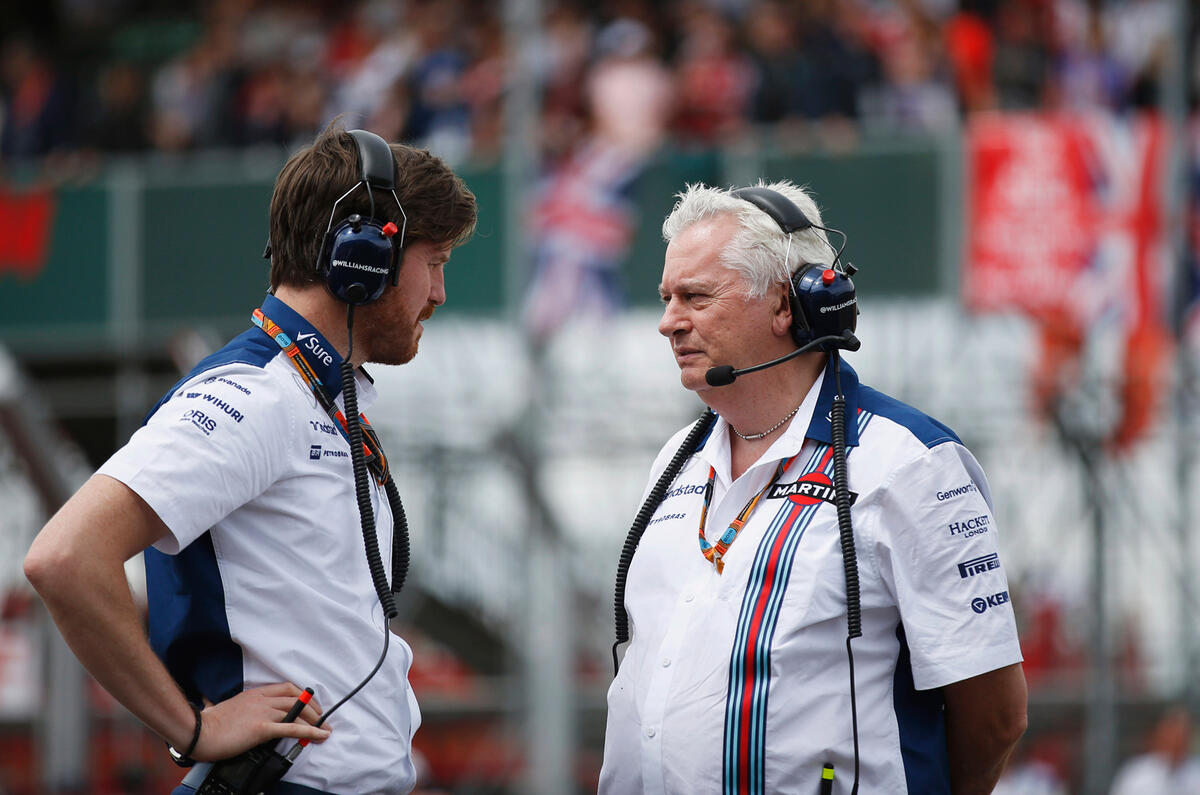
















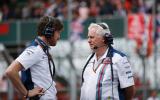

















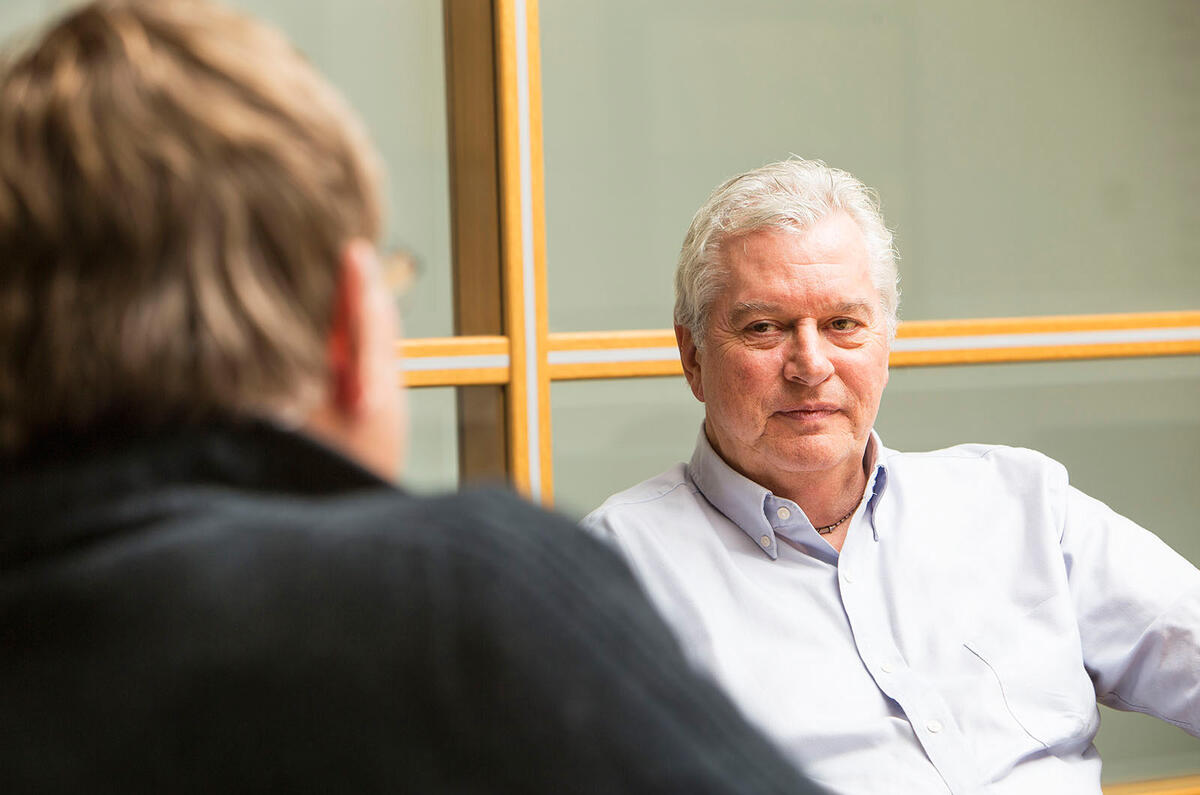
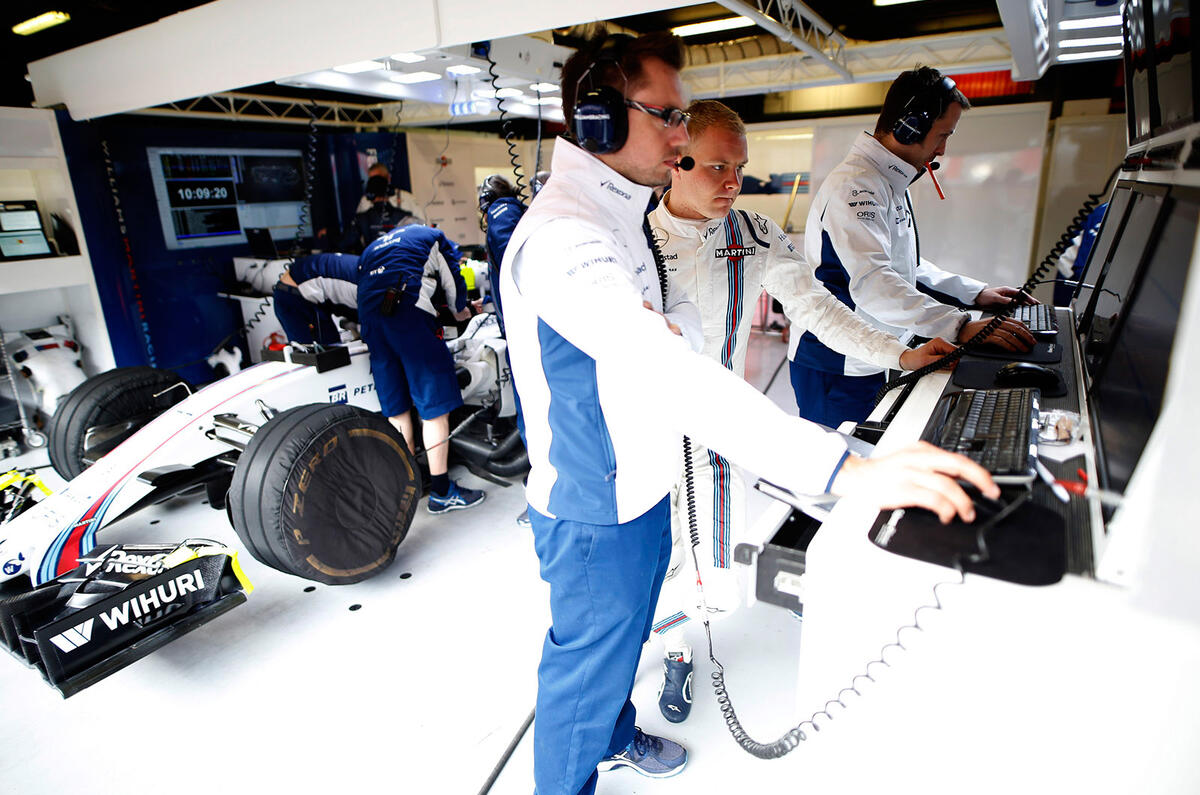
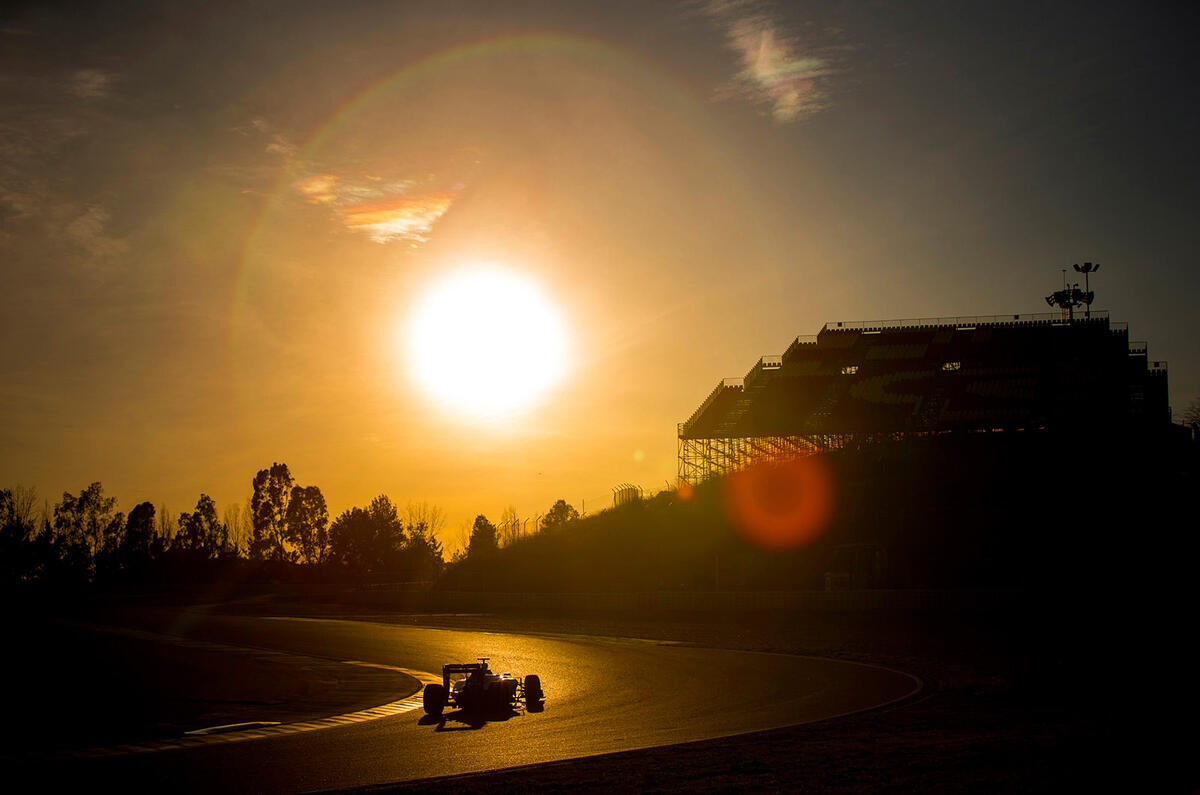






Join the debate
Add your comment
I've largely turned off F1,
Pat Symonds
However, he like everyone else in F1 misses the point and also takes their responsibilities far too seriously in my opinion.
Its a game....a sport after all. It isn't going to change the world, and it is there primarily to entertain.
In order to entertain, it needs to be loud, and fast with plenty of overtaking/slipstreaming and sadly a few crashes too - in order to 'entertain the masses. Complexity of technology, and worse still ridiculously complex rules are counter productive to the entertainment factor.
The auto industry will get along just fine developing tech for the road without F1...PHEV works for road cars. it wont work for F1.
On the road simplicity is key to reliability, and importantly - affordability. Road cars aren't cosseted by teams of engineers in dehumidified/heated transporters and workshops. they are used in all weathers, have to contend with damp, cold and salt...plus they invariably live outside 24/7 365 days a year.
Adding extra levels of complexity to road cars is resulting even now in catastrophic failures in many cars which render them a write-off even at 4 to 5 years old due to the cost of repair....this is NOT progress.
There is absolutely no benefit to be had in a world of 70-80 mph speed limits in ultra low profile tyres, downforce, or carbon brakes...all supposed advances as a result of motorsport.
And as we move inevitably to autonomous cars which will slavishly follow all speed limits even less relevant.
One of the single greatest advances in road cars over the last 40 years is undoubtedly ABS....not used or developed in F1!
I also find the drivel about not being seen to consume too much fuel insulting to the public's intelligence. No one watches motorsport to see who is the most fuel efficient, and running crappy V6's which just sound rubbish isn't an answer....it cant be because economy wasn't even a question ever asked by the F1 fans.
No matter how much fuel F1 has saved by running the current formula engines, trailing 100 people PER TEAM around the world in giant transporters and ridiculous ego inflating 'hospitality units' (complete with Gyms and even a pool in one case), flown in jumbo jets and Antonov's isn't in any way going to 'save the planet'.
In the 60's F1 teams had what?....6 mechanics and a converted bus?, and the racing was way closer and far more exciting than it is now.
IMO F1 needs to take a close look at itself...spending budgets of up to £250 million is just insane, and actively prohibits smaller new teams from joining in and disrupting the status quo....could you imagine a modern day Hesketh arriving in the sport and taking a championship?
The current structure also has fans switching off at a faster rate than ever before, surely even they can see that something is seriously wrong here?
The article was about the future of F1
@LP in Brighton
Comments like yours are largely why the "sport" of F1 is dying. It cannot make new converts because it is packed with cronies in denial.
It is not that you fail to accept the unvarnished cheating; it is that you try to deny it even exists, at all.
In the eyes of most people, there was nothing "desperate" about that situation. This was not a "mistake" under duress but a consistent and unforced pattern of dishonest behaviour.
But woe betide anyone who should recognise it for what it is, for they are "dwelling" on bad news or giving a "history lesson" etc. They are bores. They, and not the cheats, are "doing the sport down".
Saddest of all is that people like you believe their own rubbish. And no amount of tinkering with the regulations will ever halt that.
@Norma Smellons